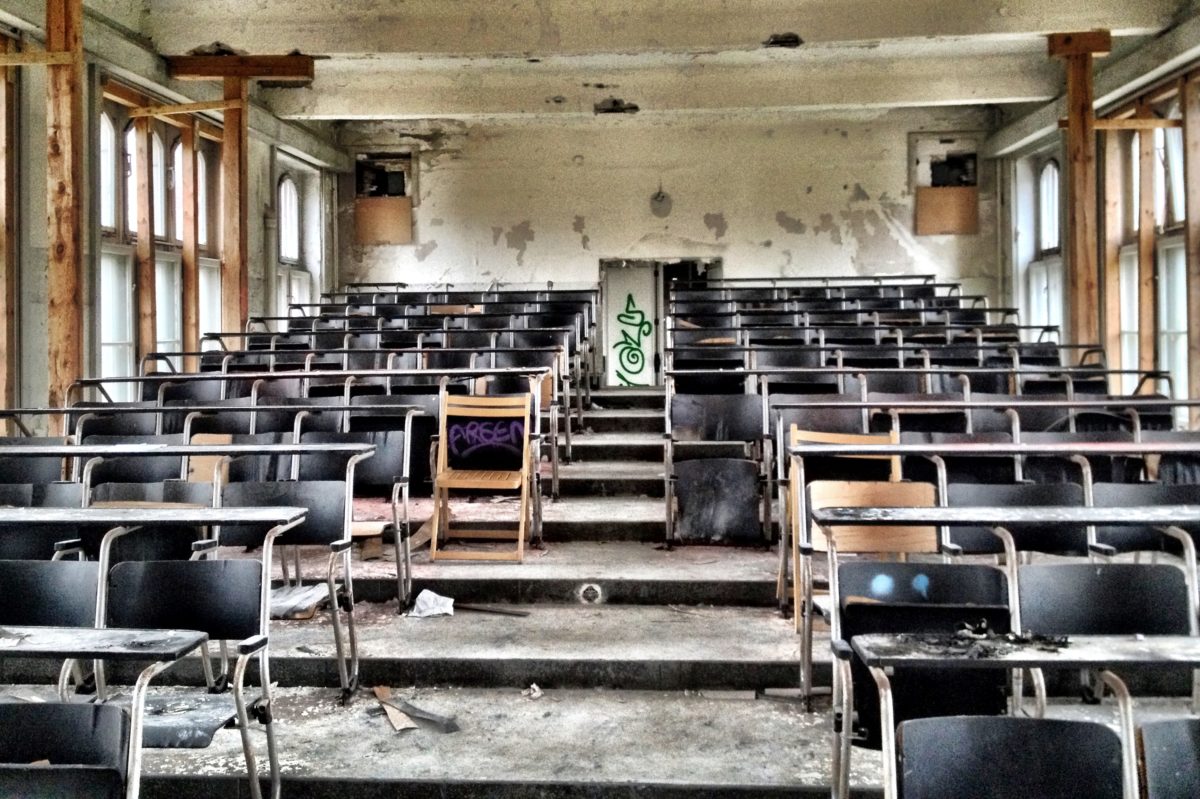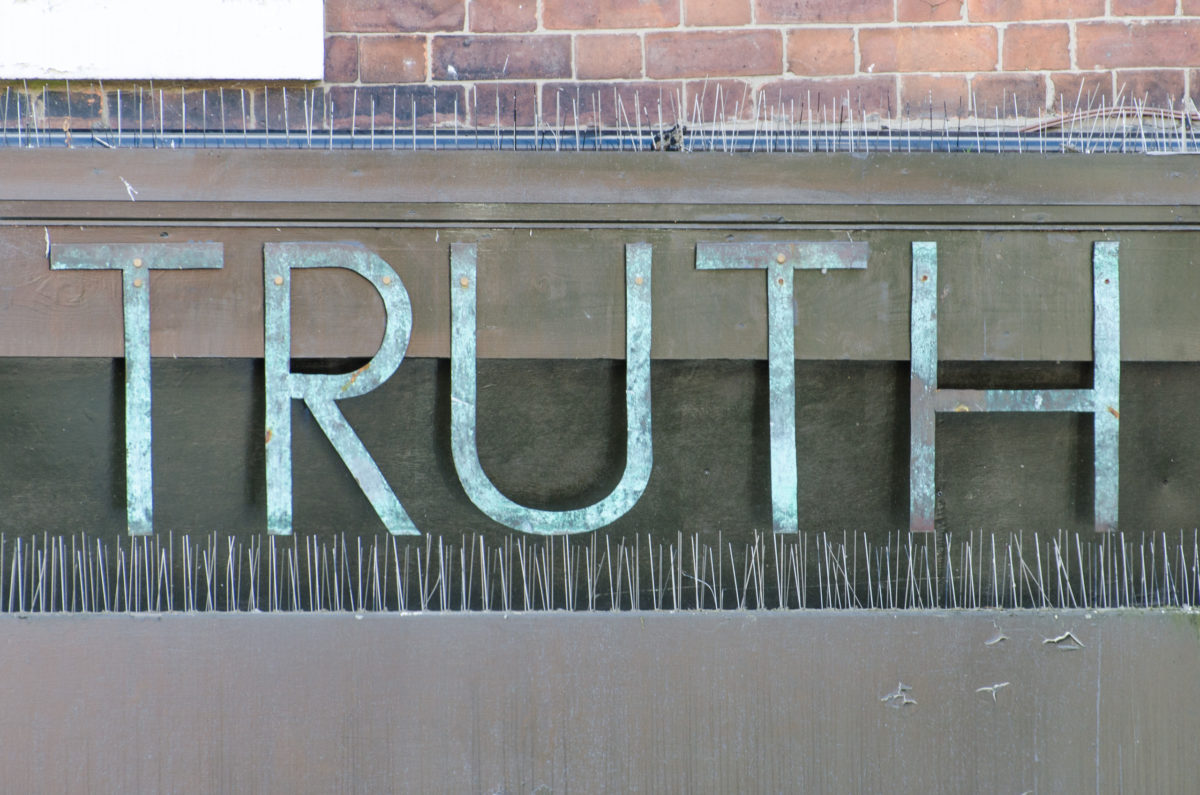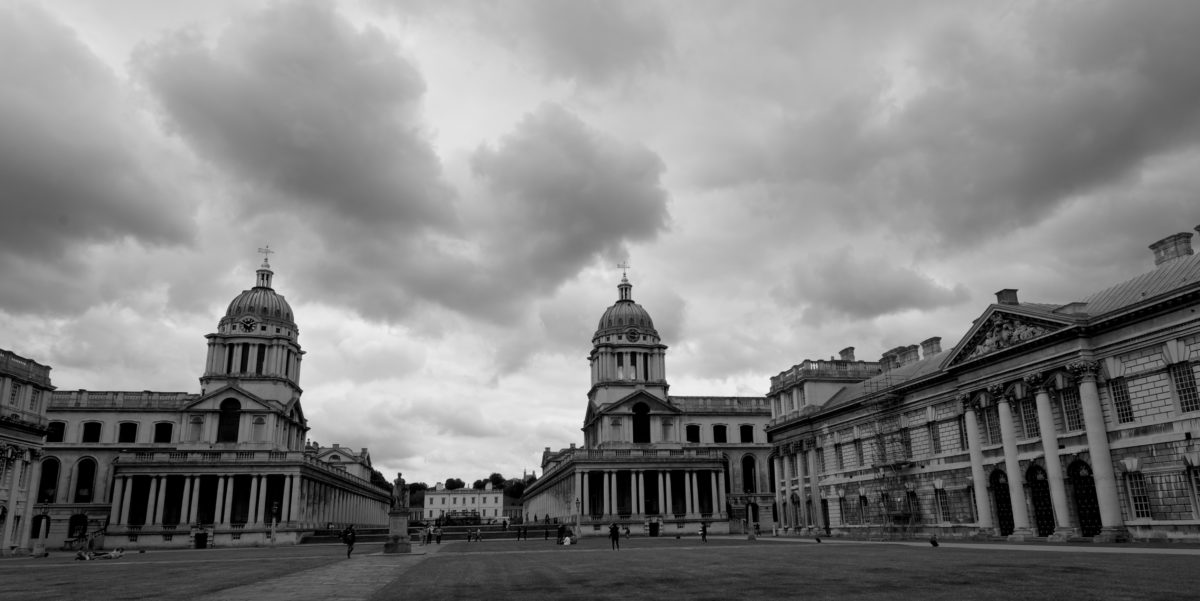The city of Los Angeles passed a $7 billion bond measure to refurbish public schools on Election Day. “Measure Q,” the fifth education-related bond measure since 1997, will go towards renovating buildings and creating new preschools and adult education centers.
Figures on LA’s total per pupil revenue from local, state, and federal government’s are difficult to obtain, but they are likely in excess of $10,000 per student. Measure Q will increase that amount considerably.
Supporters argued that the measure is needed because too many of LA Unified’s buildings are in a state of disrepair, and that better facilities with modern equipment will significantly improve student education. Opponents, however, pointed out that the bond places a great burden on taxpayers, who are already on the hook for $19.3 billion in bond money, plus interest, in the last decade alone. Indeed, the Los Angeles Times recently reported that such “…bonds result in property tax increases.”
The fiscal irresponsibility of LA’s school board is even more distressing when one considers that plenty of for-profit schools around the country engage in renovations all the time without pleading taxpayers to foot the bill. One might imagine that this is because private institutions have greater economic resources, but this is very often not the case. Despite usually receiving more revenue than private schools, public schools are still unable to maintain quality facilities. And what is the government’s response to this incompetence? Give them more money. Measure Q and similar measures across the nation, enable the government to solve past mismanagement by simply borrowing more. Must we keep pouring money into a dysfunctional educational system that has shown itself clearly incapable of translating that money into a quality product?
According to the US Census Bureau, the national average per student government spending on education in 2006 (the latest year for which the figures are available) is $9,138. Imagine the quality of education these students would receive if parents had that money to spend on private schools. The public education system is gigantic and as a result benefits from tremendous economies of scale. Yet scores of private schools around the country are able to provide a vastly superior education for a far lower tuition, despite the fact that their operations are much smaller in scale.
For-profit education is making a comeback in America, as parents become increasing fed up with public schools. Rather than perpetuating a system that clearly does not work by borrowing and wastefully spending yet more public money, perhaps LA Unified and school districts across the country should recognize that public education has failed. It’s time to begin the slow process of removing government from the education business, so that those actually capable of providing a quality product to students and parents can do so.




